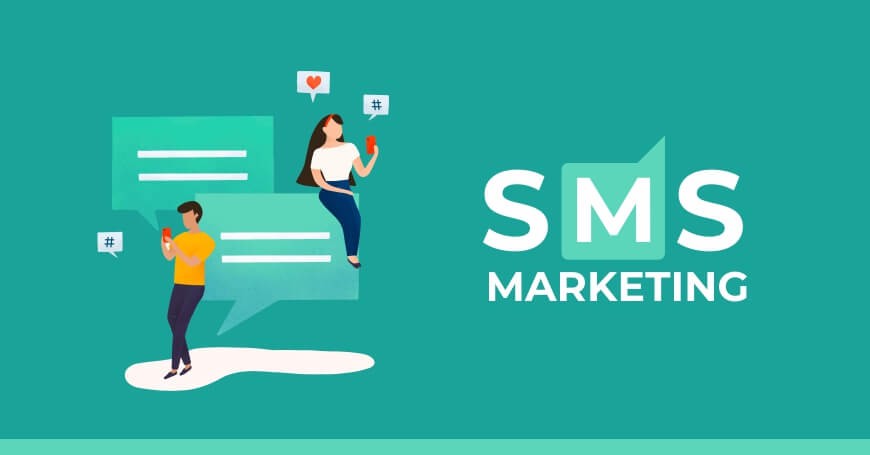SMS (Short Message Service) marketing is a powerful tool used by businesses to reach out to their customers directly via text messages. It involves sending promotional messages, offers, alerts, and updates to subscribers' mobile devices. Here are some key aspects to consider when implementing SMS marketing:

- Direct Communication: SMS marketing enables businesses to communicate with their customers directly. Unlike emails or social media posts that may go unnoticed, SMS messages are typically opened and read within minutes of being received, making it an effective way to deliver time-sensitive information.
- High Open Rates: One of the biggest advantages of SMS marketing is its high open rates. Studies have shown that SMS messages have an open rate of over 90%, significantly higher than email marketing. This means that SMS messages are more likely to be seen and acted upon by customers.
- Instant Delivery: SMS messages are delivered instantly, making them ideal for sending urgent alerts or time-sensitive offers. Whether it's a flash sale, a limited-time promotion, or a last-minute announcement, SMS allows businesses to reach their customers quickly and efficiently.
4. Personalization: Personalized marketing messages are more effective in engaging customers. With SMS marketing, businesses can personalize messages based on customer preferences, purchase history, or demographics, creating a more personalized and relevant experience for the recipient.
5. Opt-in Subscriptions: It's important to obtain consent from customers before sending them marketing messages via SMS. Businesses typically use opt-in subscriptions, where customers voluntarily subscribe to receive SMS updates by texting a keyword to a designated number or by signing up through a website or mobile app.
6. Compliance: SMS marketing is subject to various regulations and guidelines, such as the Telephone Consumer Protection Act (TCPA) in the United States and the General Data Protection Regulation (GDPR) in the European Union. Businesses must ensure compliance with these regulations to avoid fines and penalties.
7. Integration with Other Channels: SMS marketing can be integrated with other marketing channels, such as email, social media, and mobile apps, to create cohesive and multi-channel marketing campaigns. By leveraging multiple channels, businesses can reach customers across different touchpoints and maximize their marketing efforts.
8. Analytics and Tracking: Like other digital marketing channels, SMS marketing allows businesses to track and analyze the performance of their campaigns. By monitoring metrics such as open rates, click-through rates, and conversion rates, businesses can measure the effectiveness of their SMS campaigns and make data-driven decisions to optimize future efforts.
Overall, SMS marketing offers businesses a cost-effective and efficient way to engage with their customers, drive sales, and build brand loyalty. By delivering targeted messages directly to customers' mobile devices, businesses can create personalized and timely interactions that resonate with their audience.